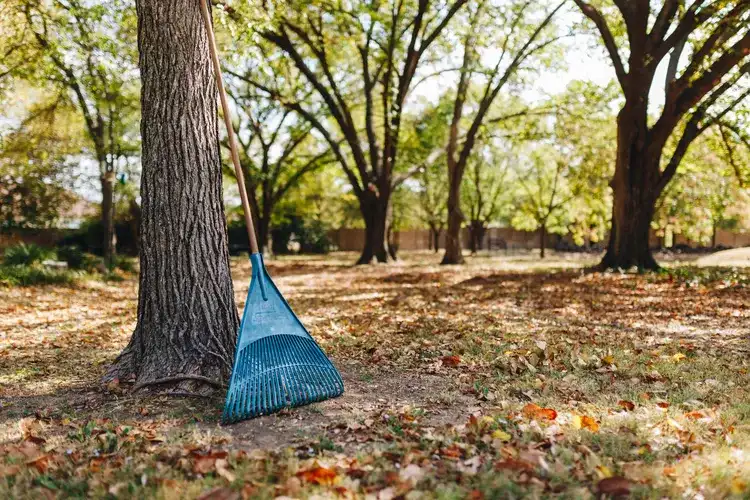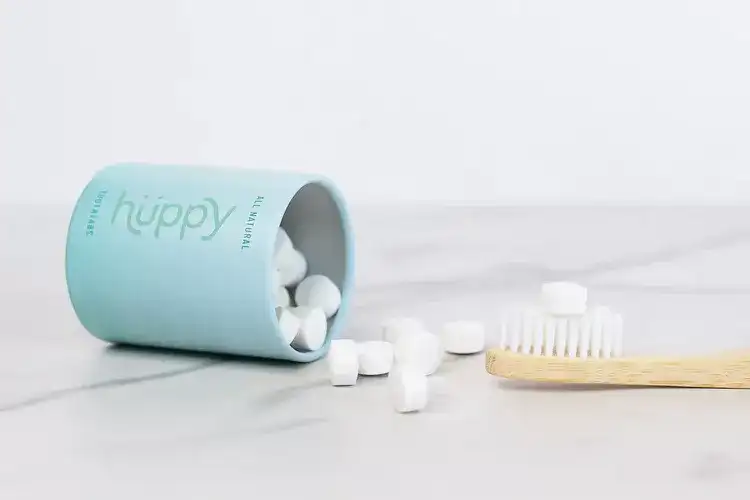Every fall, the sound of rakes scraping across lawns and the sight of yard waste bags piled at the curb become familiar neighborhood scenes. For generations, we’ve been told that fallen leaves must be cleared to protect our grass and keep our yards tidy. But modern ecological wisdom says otherwise those autumn leaves may actually be the best thing that ever happened to your yard.
Nature’s Free Mulch and Fertilizer
What once seemed like a seasonal nuisance is now recognized as a vital part of local ecosystems. Leaving leaves on the ground or at least reusing them on-site can enrich your soil, support wildlife, and reduce the need for store-bought fertilizers and mulch.
Benefits for Soil and Wildlife
- Natural fertilizer: As leaves break down, they return organic matter and nutrients to the soil, feeding not just your grass but the microbial life that supports all plant growth.
- Weed suppression: A layer of leaves can act as mulch, blocking sunlight and discouraging weed growth.
- Habitat support: Fallen leaves provide shelter and overwintering space for insects, spiders, and small mammals, all of which contribute to biodiversity.
According to National Wildlife Federation naturalist David Mizejewski, “Leaves form a natural mulch that helps suppress weeds and at the same time fertilizes the soil as it breaks down. Why spend money on mulch and fertilizer when you can make your own?”
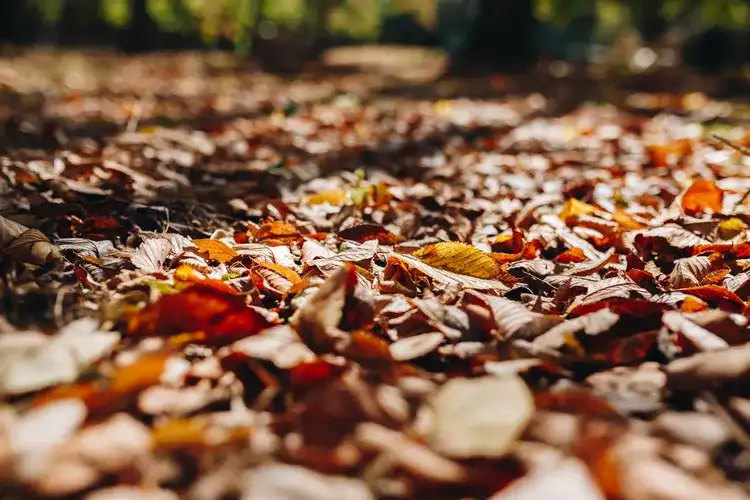
How to Make the Most of Your Leaves
While it’s not ideal to let heavy, wet piles of leaves blanket your entire lawn until spring which can suffocate the grass beneath there are several easy ways to incorporate them into your landscaping in a beneficial way.
Mow and Mulch
If you want to keep your lawn looking neat while feeding the soil, mowing over fallen leaves is a simple and effective solution. Using a mulching mower is ideal, but even a regular mower can do the job just make a few passes to shred the leaves into finer particles that settle between the blades of grass.
Dr. Thomas Nikolai of Michigan State University puts it bluntly: “Leaving the leaves is not only not a problem, it’s awesome.” Shredded leaves decompose more quickly and don’t mat down the way whole leaves do, making them perfect for in-place composting.
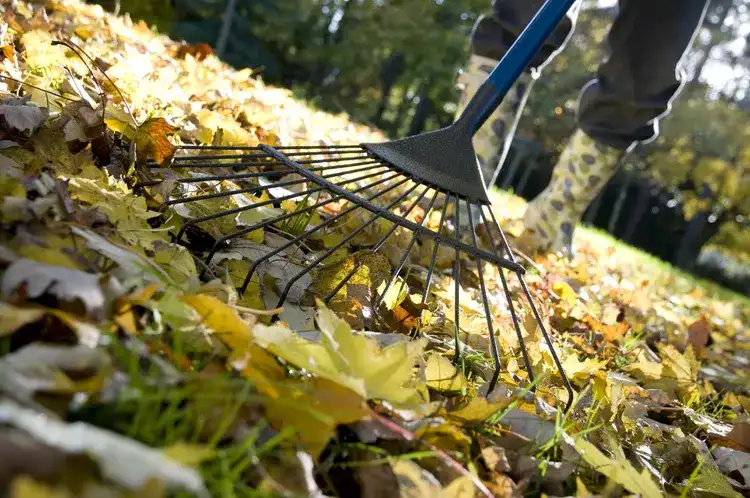
Redistribute to Garden Beds
Prefer a tidier look? Rake your leaves into flower beds, vegetable patches, or around trees. This creates an insulating mulch that suppresses weeds and keeps soil warm. Whether you scatter them as-is or use your mower’s bag attachment to collect them, this technique keeps nutrients on-site while giving your yard a manicured appearance.
DIY Leaf Mulch No Mulching Mower Needed
Don’t have a mulching mower? No problem. Try this clever trick: Fill a trash bin with leaves, then plunge a weed-whacker into the bin to shred them down. It’s a bit unconventional, but it works.
Boost Your Compost Pile
Leaves are a great “brown” material to balance the “greens” like kitchen scraps in your compost. Keep a leaf pile near your bin and layer them in throughout winter. This not only helps control odor but accelerates decomposition, producing rich compost for spring planting.
Reclaim Unused Yard Areas
Want to restore a neglected patch of your yard? Pile leaves there all winter. By spring, the decomposed lower layers can be turned into planting soil, while the top makes an excellent mulch.
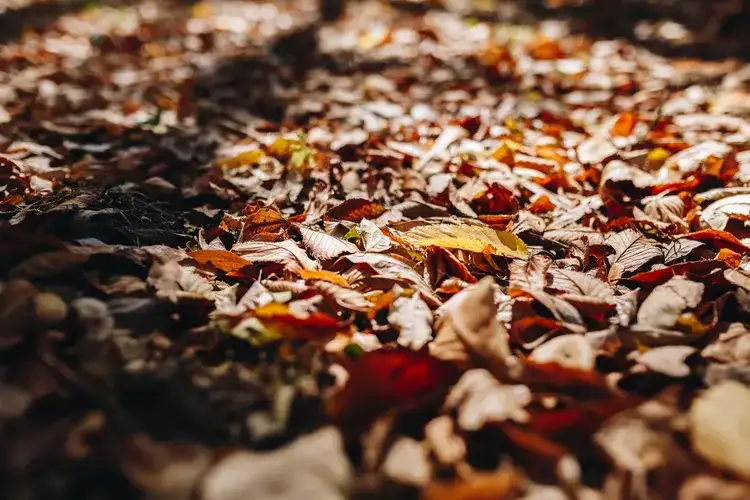
When You Really Need to Rake
If you must remove leaves from your lawn whether due to heavy coverage or neighborhood aesthetic standards consider dropping them off at a local compost site instead of sending them to the landfill.
Get Involved in Leaf Recycling
Many municipalities operate seasonal leaf drop-off programs where yard waste is turned into mulch or compost. Better yet, if you’re a gardener or homesteader always in need of organic matter, you can offer your home as a drop-off location for neighbors’ bagged leaves just be sure they haven’t been treated with pesticides or herbicides.
A New Fall Tradition
It’s time to rethink what a tidy yard really means. By skipping the rake or at least using it more strategically you can turn autumn’s leaf litter into a resource instead of waste. Not only will your garden thank you, but so will the birds, bugs, and soil beneath your feet.
So this year, consider trading that rake for a mulching mower or compost pile and let nature do what it does best.
